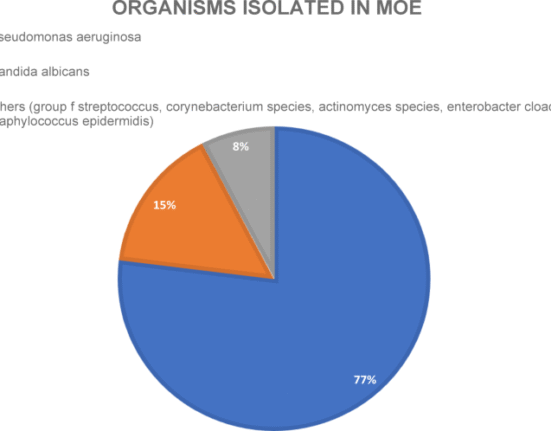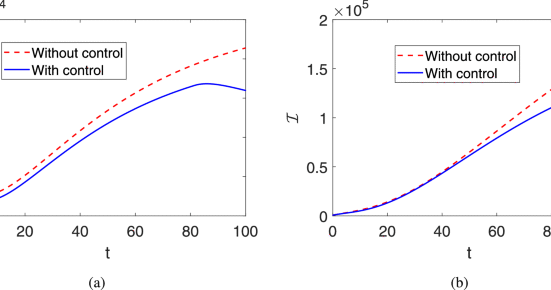And so, another working week will soon draw to a close. Not a moment too soon, yes? This is, you may recall, our treasured signal to daydream about weekend plans. Our agenda, so far, remains somewhat unsettled. Other than escorting Mrs. Pharmalot to an event, we plan to catch up on our reading, promenade with the official mascots, and manicure the grounds. We also hope to hold another listening party, where the rotation will likely include this, this, this, this and this. And what about you? This may be an opportunity to enjoy some sunshine if temperatures permit. Or if the heat is on, you could curl up in front of the telly for a bit. Perhaps this is an opportunity to ramble about town and sample interesting food. Or simply plan the rest of your life. Well, whatever you do, have a grand time. But be safe. Enjoy, and see you later this month. Yes, we are taking a break and a few pinch hitters will substitute for us in our absence. Ta-ta, everyone. …
In a surprise, a U.S. Food and Drug Administration advisory panel voted that risks tied to a GSK blood cancer drug outweighed the benefits demonstrated in trials, as concerns about sometimes serious eye-related side effects and questions about the dose the company selected dominated a hearing, STAT tells us. The FDA is set to decide whether to approve the drug, called Blenrep, as soon as next week. GSK was trying to revive the drug, which was pulled from the U.S. market in 2022 after failing a late-stage study. In briefing documents released earlier this week, FDA staff highlighted their concerns about the ocular issues and suggested lower dosages could offer patients similar efficacy in treating multiple myeloma while lowering the risk of side effects. During the Oncologic Drugs Advisory Committee meeting, GSK officials said they selected dosages that provided maximum benefits for patients and submitted two different Blenrep combinations to the FDA as multiple myeloma treatments for patients who had at least one prior line of therapy.
A 51-year-old man died last month after receiving an experimental gene therapy developed by Sarepta Therapeutics for an ultra-rare form of muscular dystrophy, STAT writes. He is the third patient to die after getting a Sarepta gene therapy this year, all tied to liver issues. Two teenage boys died after receiving Elevidys, Sarepta’s gene therapy for Duchenne muscular dystrophy, forcing the company to take the drug off the market for older patients. The latest death occurred in a clinical trial for limb girdle muscular dystrophy, a collection of rarer and generally slower-moving conditions. The death will likely further stoke safety concerns around Sarepta’s gene therapies and raise questions around the company’s transparency. Sarepta did not disclose the patient death on Wednesday, when it announced a restructuring and laying off 500 employees. The company revealed it was discontinuing all but one of its limb girdle programs — it was developing treatments for six different subtypes — but described it as a financially motivated decision, as all subtypes are quite rare.

This article is exclusive to STAT+ subscribers
Unlock this article — plus in-depth analysis, newsletters, premium events, and news alerts.
Already have an account? Log in
View All Plans
















Leave feedback about this